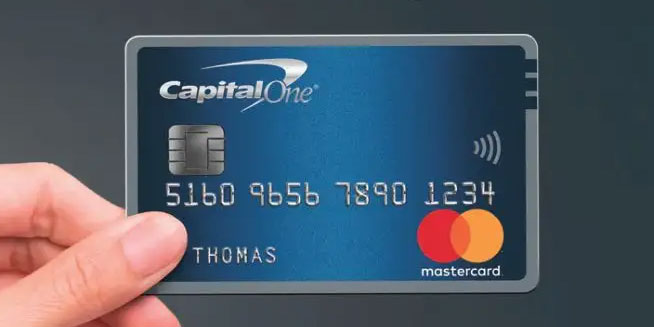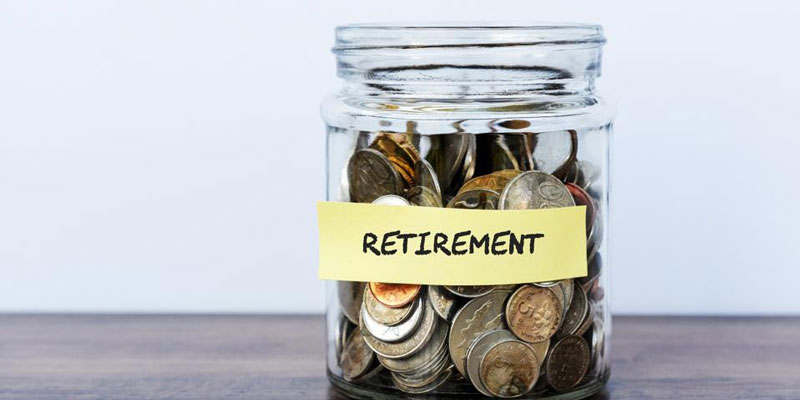If you want to raise your credit score and qualify for a better loan, removing collection accounts from your credit card report and you should have to know how to remove collections from your credit report is a good first step. Collections may be removed from your credit report in several ways, and no foolproof method will ensure you receive the desired result. The good news is that you can remove this negative material; the steps necessary to do so are outlined below. A higher interest rate, even by a fraction of a percentage point, may add thousands, if not tens of thousands, to the total cost of a loan. Do everything you can to remove collection accounts from your credit report.
how to remove medical collections from your credit report

If the debt isn't legally yours, the collector can't put it on your credit record, and you don't have to pay it. Contact the credit reporting agency and dispute the inaccuracy. Send a letter requesting the removal of the collection account from your credit report. 2 Please include duplicates of any documentation you have that disproves your claim to the debt. A debt collector may not have legal grounds to pursue payment from you even though the obligation is yours. Debt validation may be requested if the collector has contacted you during the last 30 days. To proceed with this step, the debt collector will have to provide evidence of debt ownership. 3 If the debt collector cannot verify the account or if they do not reply to your request, the debt must be deleted from your credit report.
After 7 Years, A Dispute
The Fair Credit Reporting Act (FCRA) limits the length of time debts listed as "delinquent" may stay on a consumer's credit report and what should you know about Getting Collection Agencies Off Your Credit Report to seven years from the first delinquency date. Four dishonest Collectors may attempt to re-age a debt so that it seems the account became overdue later. Due to this re-ageing, the debt will remain on your credit record for longer. You have the right to challenge a negative item on your credit report after seven years have passed since the initial delinquency date. Your argument will be strengthened by whatever evidence you have established the first delinquency date.
- Collectors' sales may lead to disagreements.
- There is a lot of turnover in collection accounts.
As debts are sometimes sold or transferred to different collectors, the collection agency shown on your credit report may differ from the one pursuing payment. When this occurs, contesting the previous collection with credit agencies is your best option for erasing it. With a response from the debt collector, the credit reporting agency can keep the account since it cannot be validated.
Request A Goodwill Delete
You may try to have debt collections deleted on your credit report by filing a goodwill deletion request, but this is a long shot, particularly when dealing with collection agencies. Accounts that have previously been paid in full might benefit from a goodwill letter. In the letter, you explain that you're having financial difficulties due to a significant life change and beg the collector to remove the collection from your credit report.
If Everything Else Fails

Paying the collection account will allow it to show up on your credit report. An unpaid collection indicates to potential lenders that you can't be trusted with money, whereas a paid one demonstrates that you can. Payment to the collection agency and the credit reporting time limit expiration will result in the account being removed from your credit report.
However, once every 12 months, customers may check their credit reports for free from the three main reporting agencies. Verifying that any unfavorable information has been deleted from your credit report is important. Remember that even if you request that your information be removed from their system, it may still be stored and disclosed in certain situations, such as when you apply for a job with a high salary, a large credit line, or a high-value insurance policy. Each state's attorney general's office could provide useful information since some states have laws that provide extra safeguards.
Conclusion
When a debt is too far past due, the creditor has two options: either they can handle the collection themselves, or they may sell the debt to something like a collection agency. Another collection account might be reported to credit bureaus after an account has been sold to a collections agency. The effects of accounts in the collection on credit ratings are devastating. Unsecured debts are like credit cards; instead, personal loan balances might suddenly become due to collections. By contrast, if you fail on a secured loan like your home or car loan, the lender has the legal right to foreclose or reclaim the collateral. Repossession-related auto loans can wind up in collections as well. If the proceeds from the auction fall short of the amount owing, the balance might still be sent to collections.



